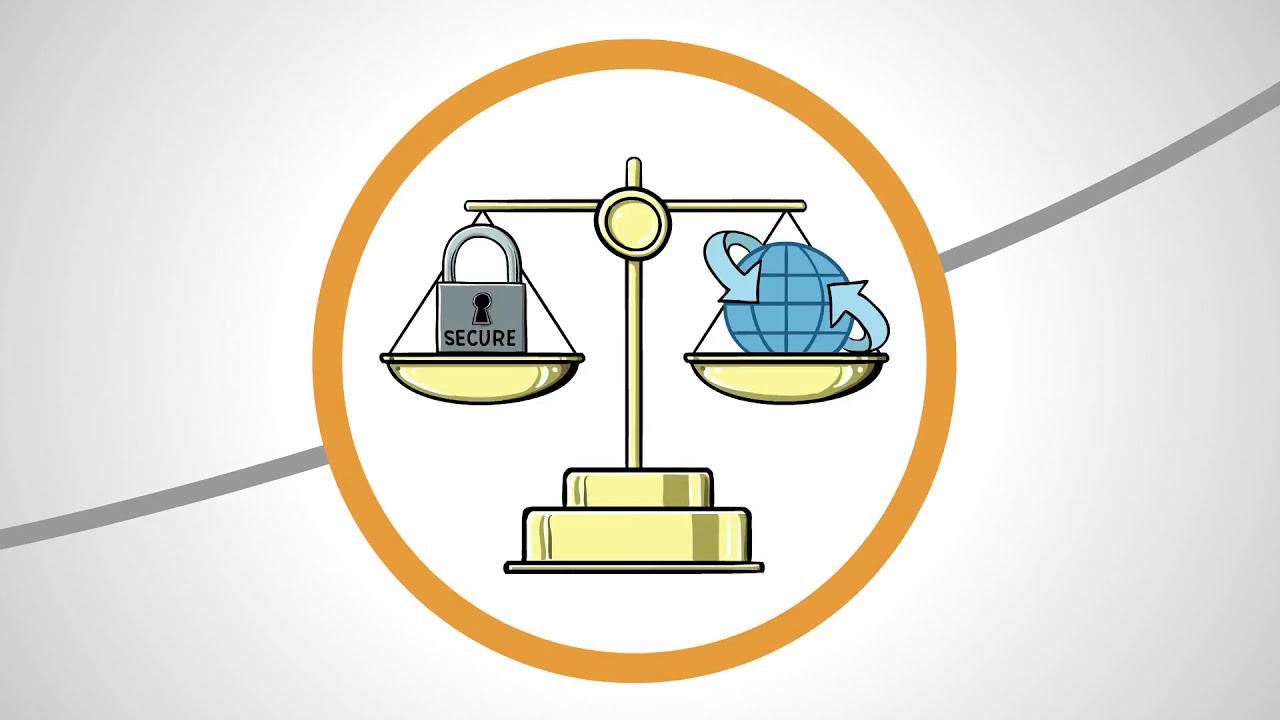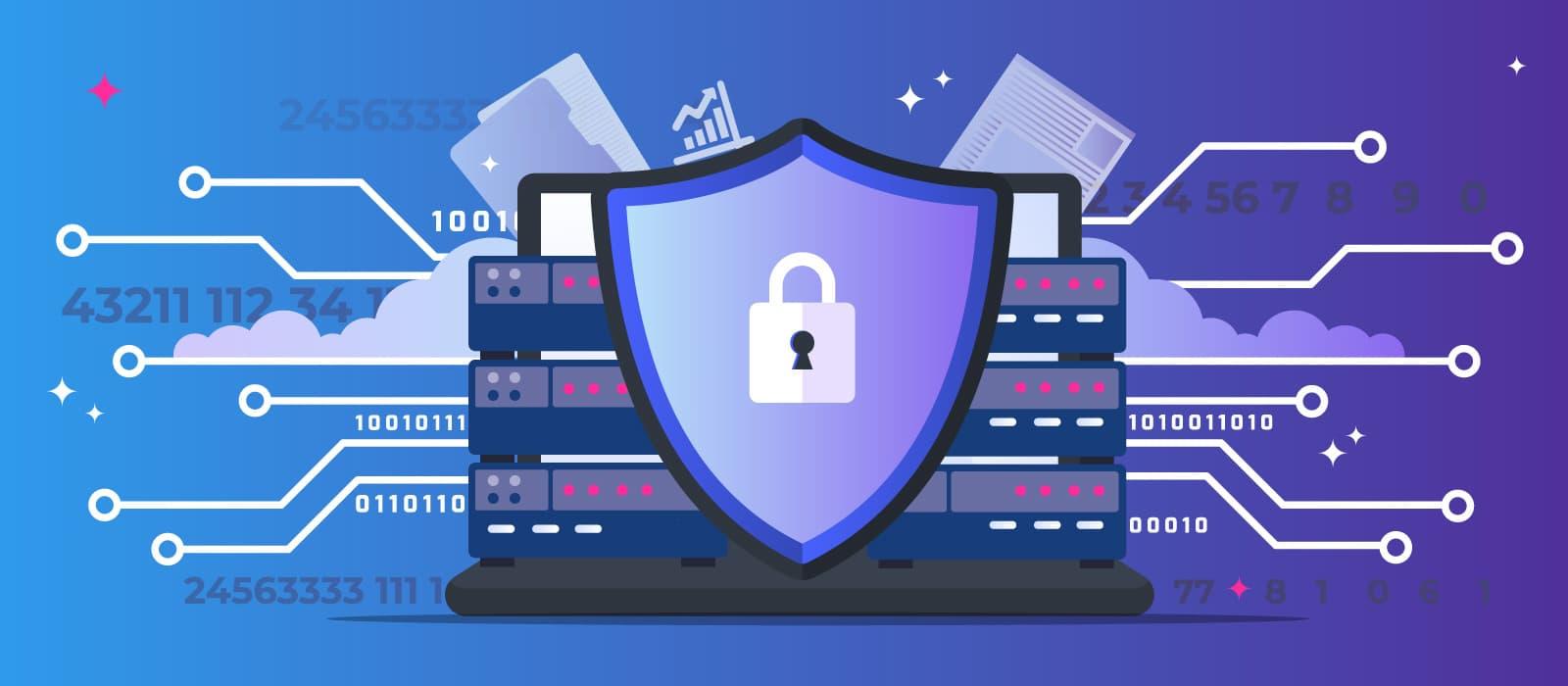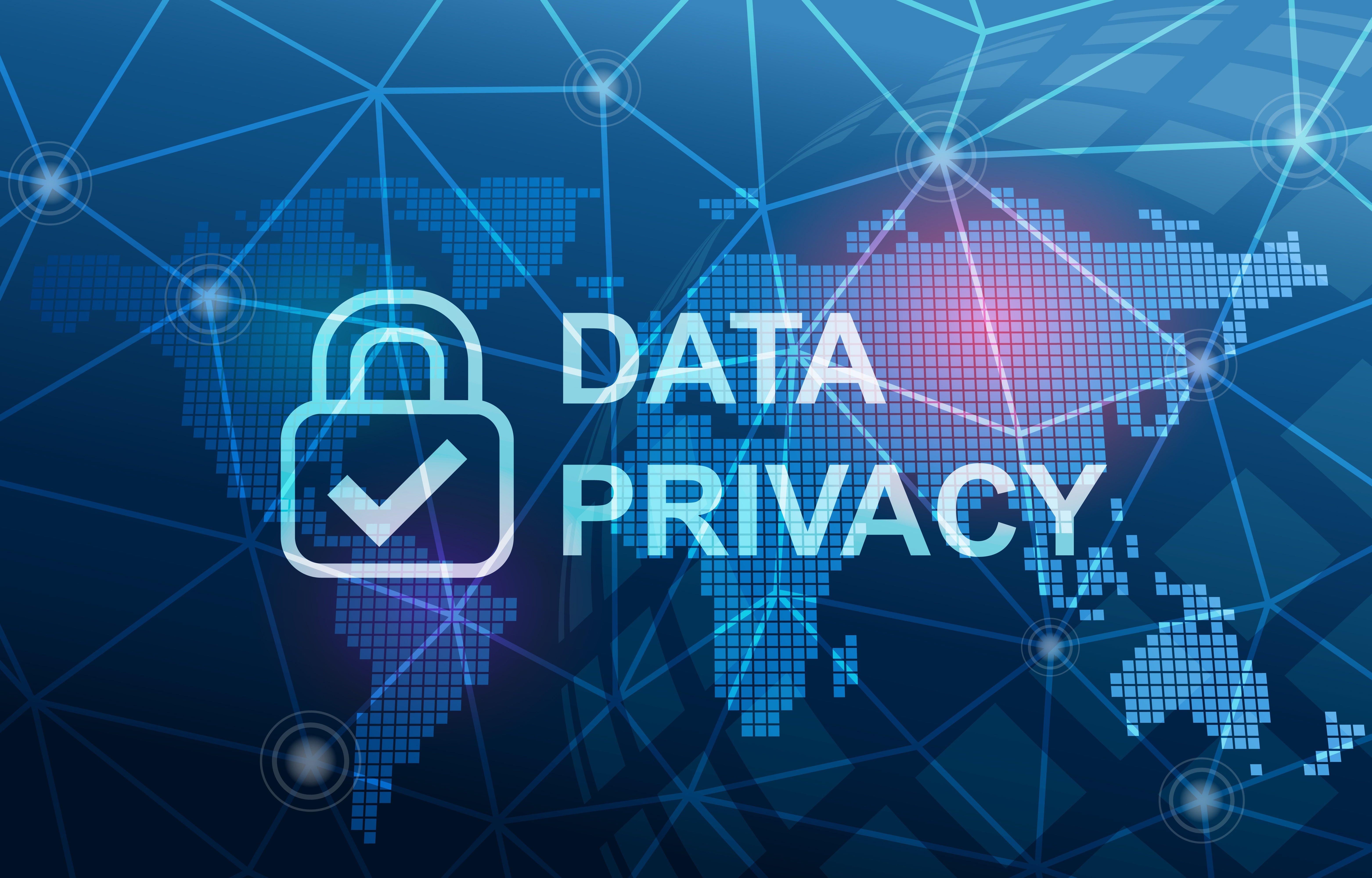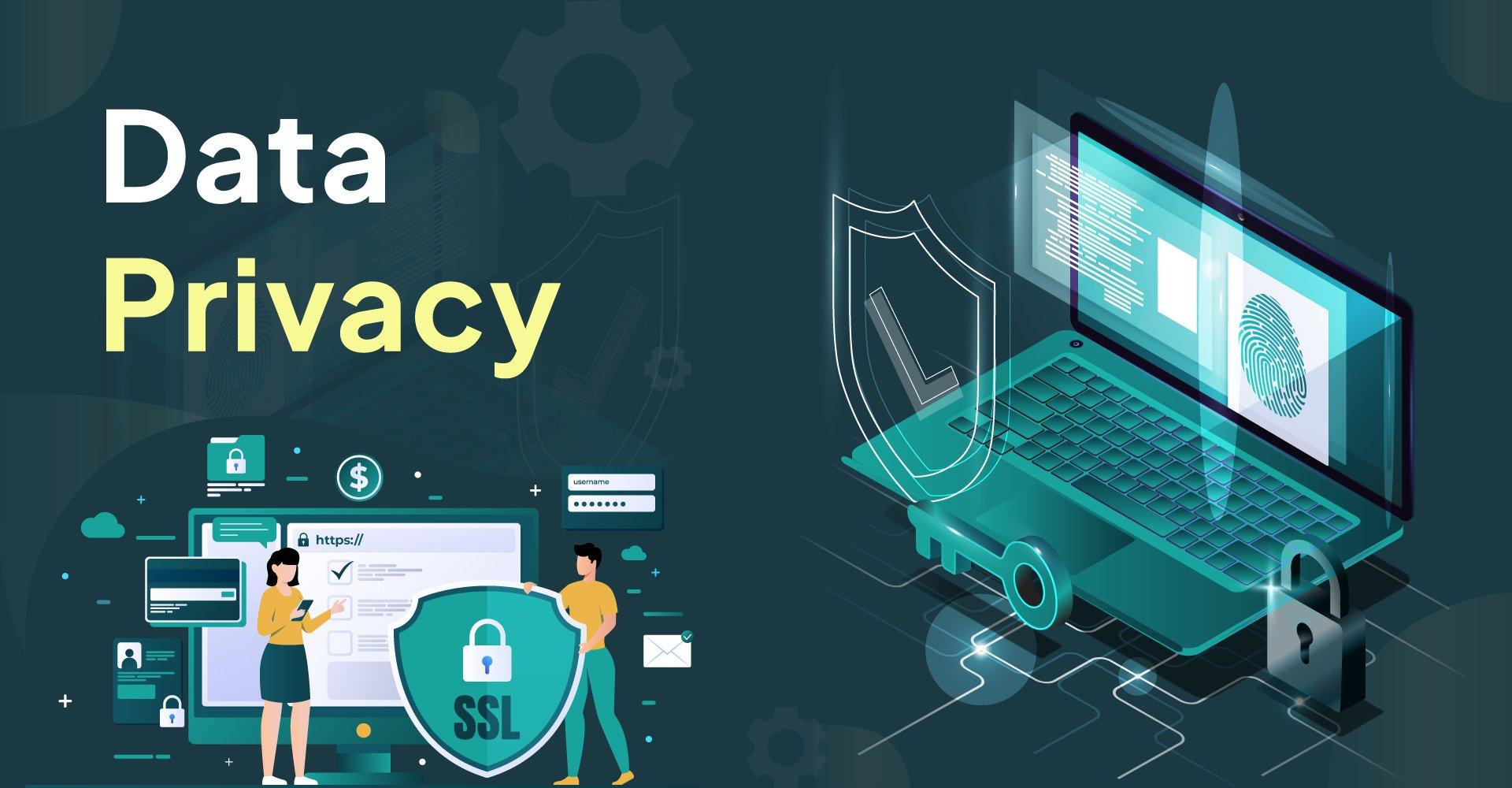In an era where data has become the new gold, the question of privacy looms larger than ever. As global digital footprints expand exponentially, individuals grapple with a paradox: the convenience of sharing personal information versus the looming threats of data breaches and misuse. Enter blockchain technology—a formidable ally in the quest to reclaim what is rightfully ours: personal data privacy. This article delves into the transformative potential of blockchain, exploring how its decentralized architecture can empower individuals, bolster transparency, and forge new pathways in safeguarding our digital identities. Join us as we unlock the mysteries of data privacy through the lens of the blockchain revolution, charting a course toward a more secure future.
Exploring the Fundamentals of Blockchain Technology in Data Privacy
In an era where data breaches and privacy concerns are prevalent, the intersection of blockchain technology and data privacy offers promising solutions. By leveraging the decentralized nature of blockchain, individuals can regain control over their personal information. This technology ensures that data is not only more secure but also transparent, as each transaction is recorded on a public ledger, enhancing trust between parties. Key features of blockchain that bolster data privacy include:
- Decentralization: Data is distributed across a network, making it less vulnerable to centralized attacks.
- Anonymity: Users can transact without revealing their identities, protecting personal information.
- Immutable Records: Once data is added to the blockchain, it cannot be altered, ensuring the integrity of information.
The potential of blockchain in enhancing data privacy extends across various sectors including finance, healthcare, and supply chain management. As organizations grapple with regulatory pressures like GDPR, the traceability and consent features of blockchain become indispensable. Consider the following comparison of traditional data management versus blockchain-enabled systems:
| Aspect | Traditional Data Management | Blockchain-Enabled Systems |
|---|---|---|
| Data Access | Centrally stored, prone to single points of failure | Decentralized, enhancing resilience |
| Privacy Control | Limited user control over personal data | User-driven privacy and consent mechanisms |
| Transparency | Opaque data handling practices | Comprehensive audit trails promoting trust |

Navigating Legal Frameworks: Compliance and Ethical Considerations
The intersection of blockchain technology and legal frameworks presents a complex but essential landscape for businesses harnessing data privacy. As organizations adopt decentralized systems, they must navigate a myriad of regulatory compliance requirements to ensure adherence to global data protection laws, such as the General Data Protection Regulation (GDPR) and the California Consumer Privacy Act (CCPA). This involves understanding the intricate balance between transparency and privacy, as data on a blockchain, while immutable and visible, can also lead to unintended disclosures. The burden of compliance not only lies in technical implementation but also in cultivating a culture of ethical data governance, empowering users to exercise their rights while leveraging the benefits of blockchain innovation.
Ethical considerations extend beyond strict compliance; businesses must also recognize the implications of their actions on user trust and societal norms. As stakeholders increasingly demand accountability, companies must integrate ethical principles into their blockchain initiatives. The establishment of a transparent framework for data usage, along with robust mechanisms for consent and user control, can foster trust in blockchain applications. To visualize key considerations, refer to the following table outlining essential ethical principles alongside compliance standards:
| Ethical Principle | Compliance Standard |
|---|---|
| Transparency | GDPR Article 5 |
| Consent | CCPA Requirements |
| Data Minimization | GDPR Article 25 |
| User Control | CCPA Rights |

Strategies for Businesses: Implementing Blockchain for Enhanced Privacy
For businesses looking to integrate blockchain technology, it is crucial to explore various strategies that not only leverage its capabilities but also align with specific privacy needs. One of the foremost considerations is to select the right blockchain framework. Companies should evaluate options such as public, private, or consortium blockchains to determine the best fit for their operational requirements. Each type offers distinct benefits, particularly in terms of data transparency and access control. Additionally, businesses should invest in education and training for their teams to ensure they fully understand the implications of blockchain and privacy protocols, enhancing overall implementation success.
Moreover, fostering partnerships with blockchain developers and experts can significantly streamline the transition process. Organizations might consider implementing multi-signature wallets and zero-knowledge proofs to enhance data security while maintaining user privacy within their blockchain solutions. Other strategies include the creation of smart contracts that govern data access based on predetermined privacy standards, thereby automating compliance and safeguarding sensitive information. It is also imperative to continuously assess and refine privacy strategies in response to evolving regulatory landscapes to ensure long-term security and trust with users.
| Blockchain Type | Best Use Case | Privacy Level |
|---|---|---|
| Public | Decentralized applications | Low |
| Private | Internal data sharing | High |
| Consortium | Collaborative networks | Medium |

Future Trends: The Evolving Landscape of Data Security and Privacy Solutions
The digital world is experiencing a seismic shift marked by increasing demand for secure and private data transactions, largely influenced by advancements in technology. Blockchain, initially synonymous with cryptocurrency, is now emerging as a cornerstone for enhanced data security and privacy solutions. This transformative technology offers a decentralized framework that inherently protects data integrity and user confidentiality. By utilizing cryptographic techniques, blockchain ensures that data cannot be altered without consensus from the network, making unauthorized access and manipulation exceedingly difficult. Key benefits of blockchain for data security include:
- Transparency: All transactions are recorded on a public ledger, promoting accountability.
- Immutability: Once data is added to the blockchain, it cannot be changed, ensuring authenticity.
- Decentralization: Eliminates single points of failure, increasing overall resilience against cyber-attacks.
As organizations increasingly recognize the value of data privacy, an array of innovative solutions leveraging blockchain technology is emerging. Smart contracts, programmable and self-executing agreements, offer a unique approach to data sharing by allowing parties to establish terms without the need for intermediaries. Furthermore, the integration of decentralized identity management systems is proving pivotal in fostering user control over personal data. This shift not only enhances privacy but also builds trust between consumers and service providers. Future-focused strategies for leveraging blockchain in data privacy involve:
- Data Tokenization: Converting sensitive data into tokens, enabling secure transactions while protecting the original data.
- Federated Learning: Collaborating on machine learning models without exposing raw data, ensuring privacy and compliance.
- Consumer Empowerment: Giving users the ability to control their data, enhancing privacy awareness and choice.
In Conclusion
As we stand on the threshold of a new digital era, the notion of data privacy is evolving at a remarkable pace, driven by innovative technologies such as blockchain. The decentralized nature of blockchain not only promises to return control of personal information to individuals but also fosters transparency and security in an otherwise opaque digital landscape.
Unlocking data privacy is not merely a technical challenge; it is a societal imperative that demands collaboration between technologists, policymakers, and users alike. As we embrace the blockchain revolution, we must remain vigilant, balancing the benefits with the potential pitfalls.
In this brave new world, the future of data privacy hinges on our collective ability to adapt, innovate, and legislate responsibly. By harnessing the power of blockchain, we are not just securing data; we are redefining trust itself. The journey is just beginning—let us move forward with awareness, curiosity, and an unyielding commitment to safeguarding our digital identities.



